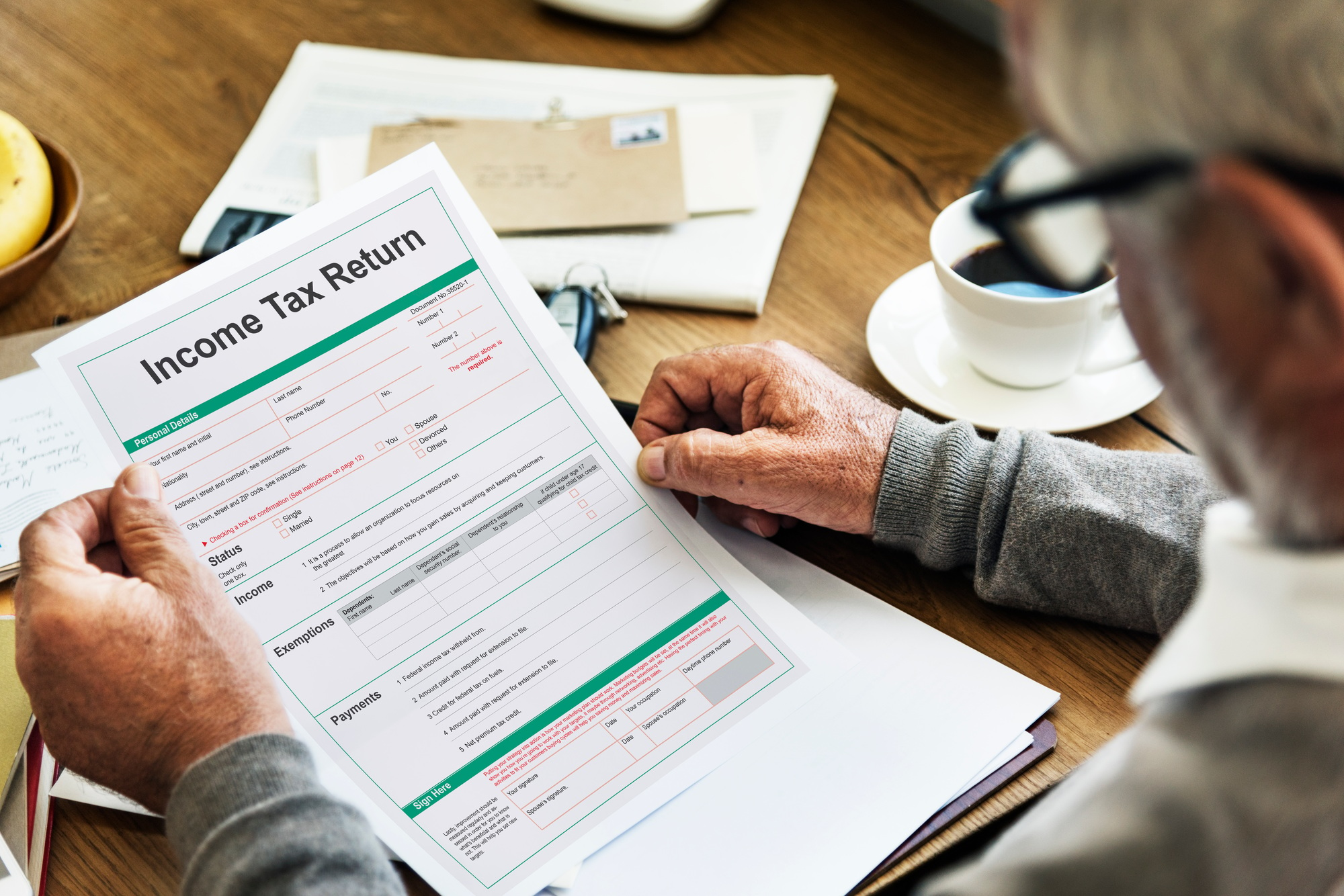Tax season often brings a mix of anxiety and anticipation for many American households. With the prospect of receiving a tax refund, individuals have the opportunity to reassess their financial strategies and make impactful decisions that could strengthen their overall financial health. In a year where economic uncertainty looms large, how taxpayers utilize these funds can significantly affect their fiscal outlook.
Understanding Tax Refund Trends
According to the IRS, the average tax refund for the 2022 filing season was approximately $3,200, slightly down from previous years. This reduction in refund amounts highlights a shift towards more accurate withholding patterns among workers, yet it still represents a substantial financial influx for many households. Individuals can leverage these refunds to address outstanding debts, bolster savings, or invest for future growth.
Economic experts suggest that utilizing tax refunds wisely can pave the way for improved financial stability. Key areas of investment include emergency funds, debt reduction, and retirement savings. By strategically allocating refunds, taxpayers can create a buffer against unexpected expenses and enhance their long-term financial security.
Market Impact: Debt Repayment and Financial Growth
In recent years, consumer debt has reached record highs, with the Federal Reserve reporting that total household debt in the United States surpassed $16 trillion in 2023. This growing burden underscores the importance of debt repayment as a primary focus for tax refunds. By applying refunds to high-interest loans such as credit cards or personal loans, individuals can reduce their overall debt burden and save on interest payments over time.
Moreover, redirecting tax refunds to savings accounts can yield improved financial outcomes. According to the personal finance management firm NerdWallet, setting aside even a portion of a tax refund into an emergency fund—aiming for at least three to six months’ worth of expenses—can significantly mitigate the risks associated with job loss or unexpected financial emergencies.
Expert Opinion: Financial Advisors Weigh In
Financial advisors across the nation emphasize the importance of a holistic approach to managing tax refunds. “It is critical for taxpayers to view their refunds as an opportunity, not just an influx of cash,” states Lisa Johnson, a certified financial planner based in New York. “Allocating tax refunds towards financial education or investment in retirement accounts can yield both short-term and long-term benefits.”
Investing in retirement accounts like IRAs or 401(k)s is one recommended strategy. Research by Fidelity shows that significant tax refunds could contribute to meaningful increases in retirement savings, especially for younger generations who may not prioritize retirement contributions. “The sooner individuals begin investing for retirement, the more they benefit from the power of compounding interest,” explains Johnson.
Background: The Economic Climate and Consumer Behavior
The current economic landscape, characterized by inflationary pressures and rising interest rates, has made financial planning more crucial than ever. With the latest Consumer Price Index report showing inflation levels stabilizing but still above historical averages, consumers must navigate spending habits with caution. The influx of tax refunds provides a potential cushion to mitigate the impact of escalating living costs.
A survey from the National Retail Federation indicates that the majority of consumers plan to use their tax refunds toward savings and debt repayment. “The focus on saving signals a shift in consumer behavior, as many are becoming more cautious with their finances in today’s uncertain economy,” notes Nathan Roberts, an economist at the U.S. Bureau of Economic Analysis.
What’s Next: Crafting a Financial Plan
Moving forward, taxpayers should consider creating a concrete financial plan that outlines how to utilize tax refunds effectively. This includes setting clear financial goals and regularly reviewing them to adapt to changing circumstances. Financial literacy resources are widely available, and individuals are encouraged to seek guidance from professionals or utilize online tools to map out their financial futures.
As tax season wraps up, the way individuals manage their refunds can serve as a pivotal moment in their financial journey. Whether through debt reduction, savings enhancement, or investment, the key lies in making informed and deliberate choices that align with long-term financial objectives.
In summary, tax refunds represent more than just a temporary financial boost; they are an opportunity to enhance financial stability and plan for a more secure future. By taking strategic steps toward managing these funds, taxpayers can transform a potentially fleeting benefit into a foundation for lasting financial health.








